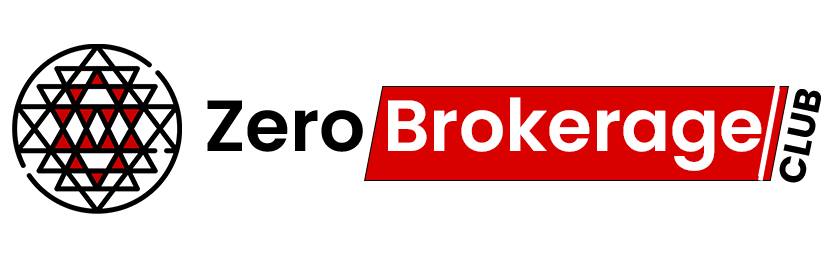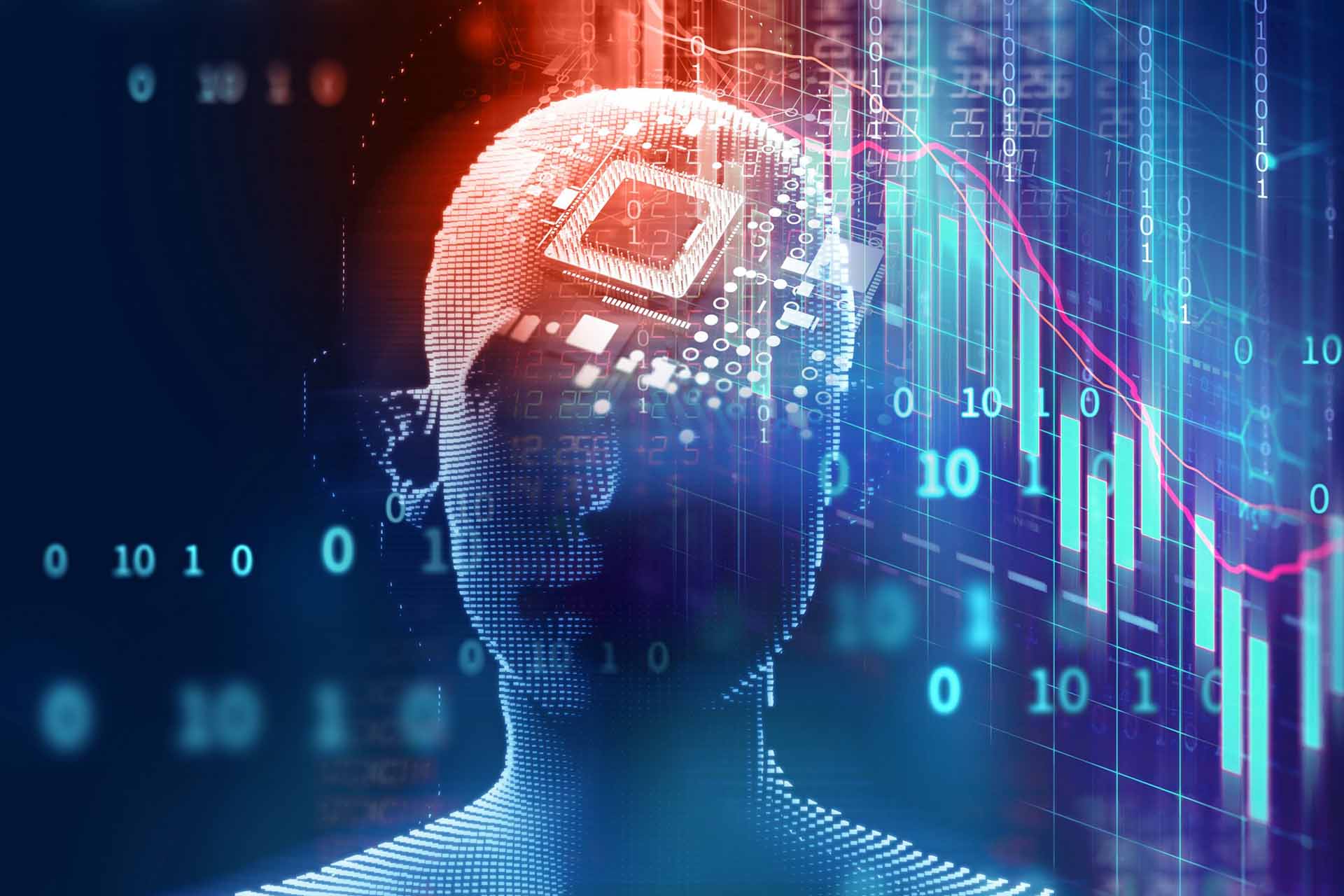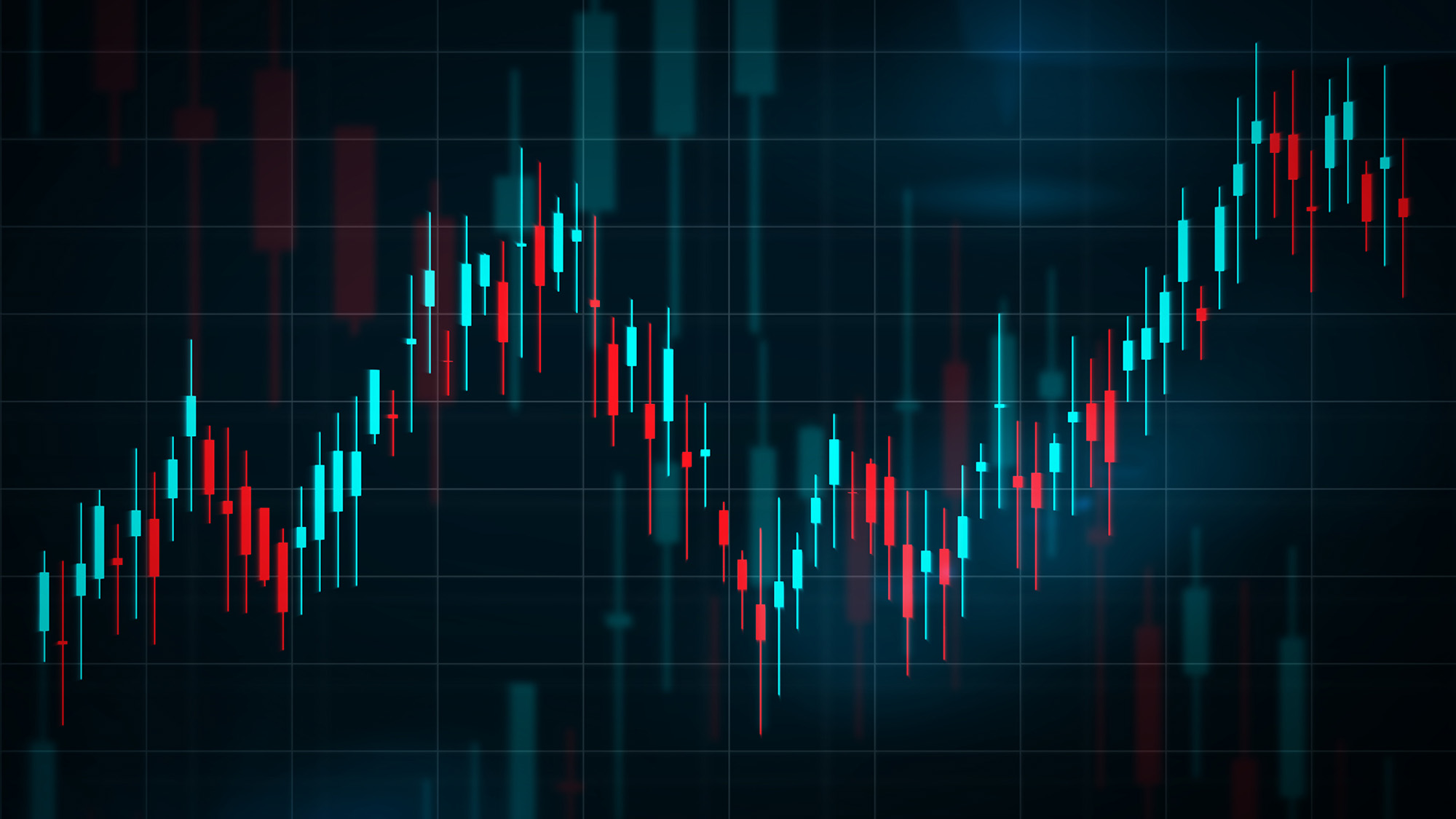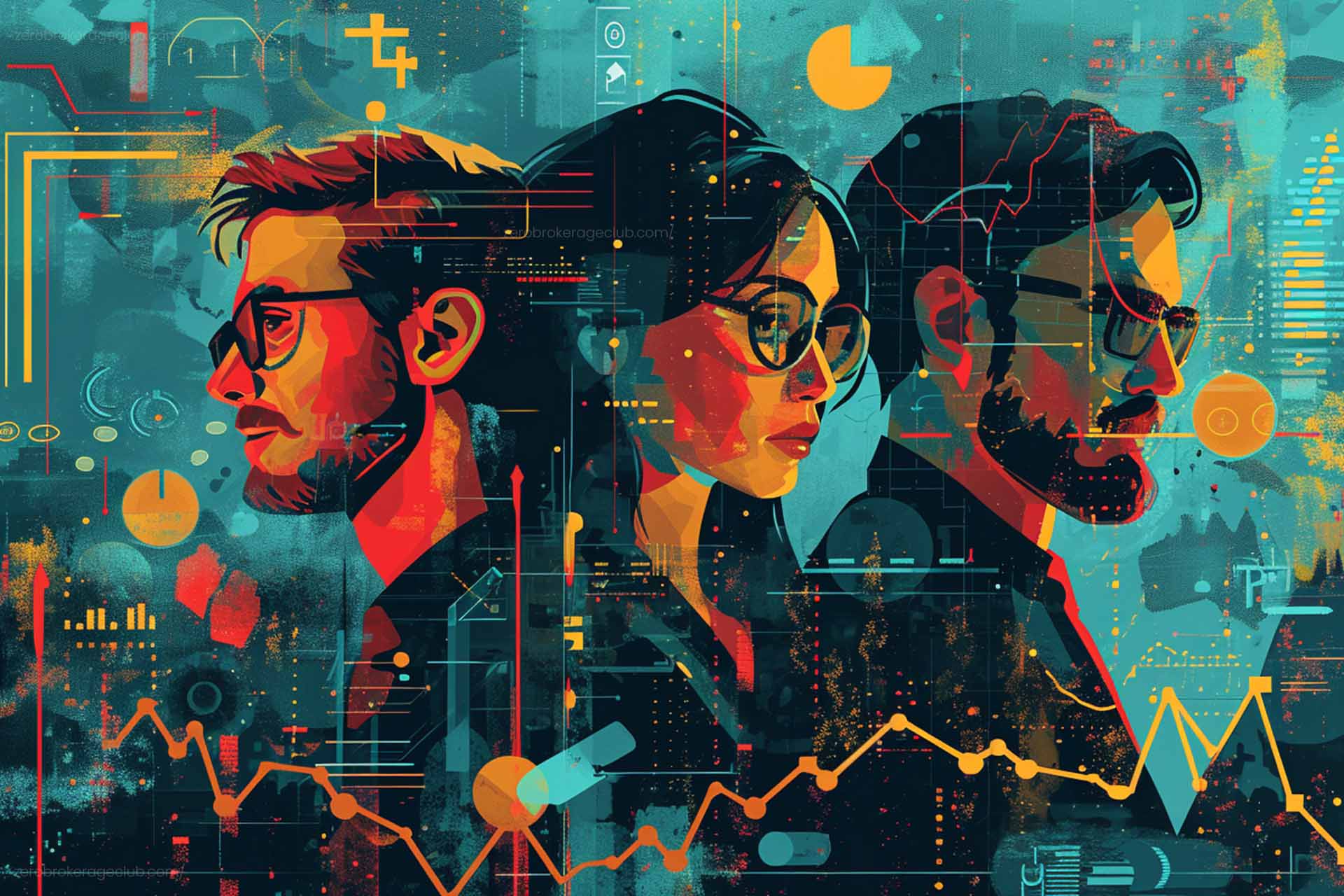Have you ever wondered about stock trading before the age of technology? Picture a bustling ‘ring’ at the stock exchanges, with brokers crowded and calling out trades, reminiscent of the cacophony at a fish market. However, the emergence of computers and the internet has utterly transformed the trading landscape. These days, anyone can trade stocks from anywhere with a simple click of a button.
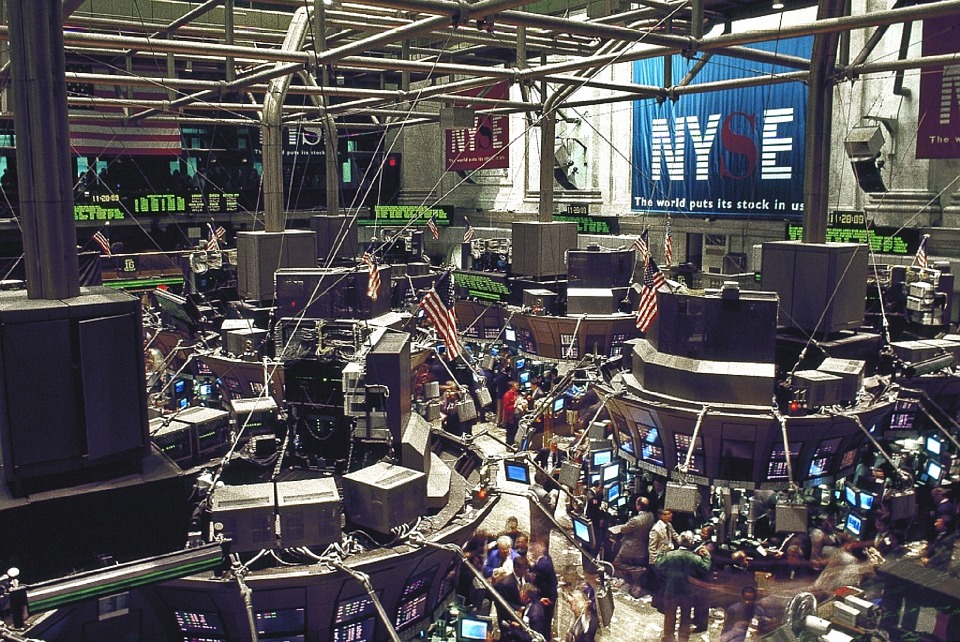
Transition to Algorithmic Trading
The introduction of algorithmic and automated trading marked a significant shift. Computers now execute trades automatically based on pre-established rules. This advancement frees traders from the constant vigilance of market fluctuations and the emotional impact of trading decisions. Automated trading hinted at the future of trading, yet it was only a stepping stone to something more advanced.
Read More About: Machine Learning in Trading: Unlocking the Power of Algorithms
Introducing Artificial Intelligence in Trading
Automated trading systems operate by following a simple rule: if Y happens, then do X. For example, a program might buy a stock (X) when the RSI indicator drops below 20 (Y). While this system works autonomously, it still relies on parameters set by humans. But with our relentless drive for efficiency, or perhaps our own doubts in human capability, we’ve embraced a new frontier: Artificial Intelligence in Trading.
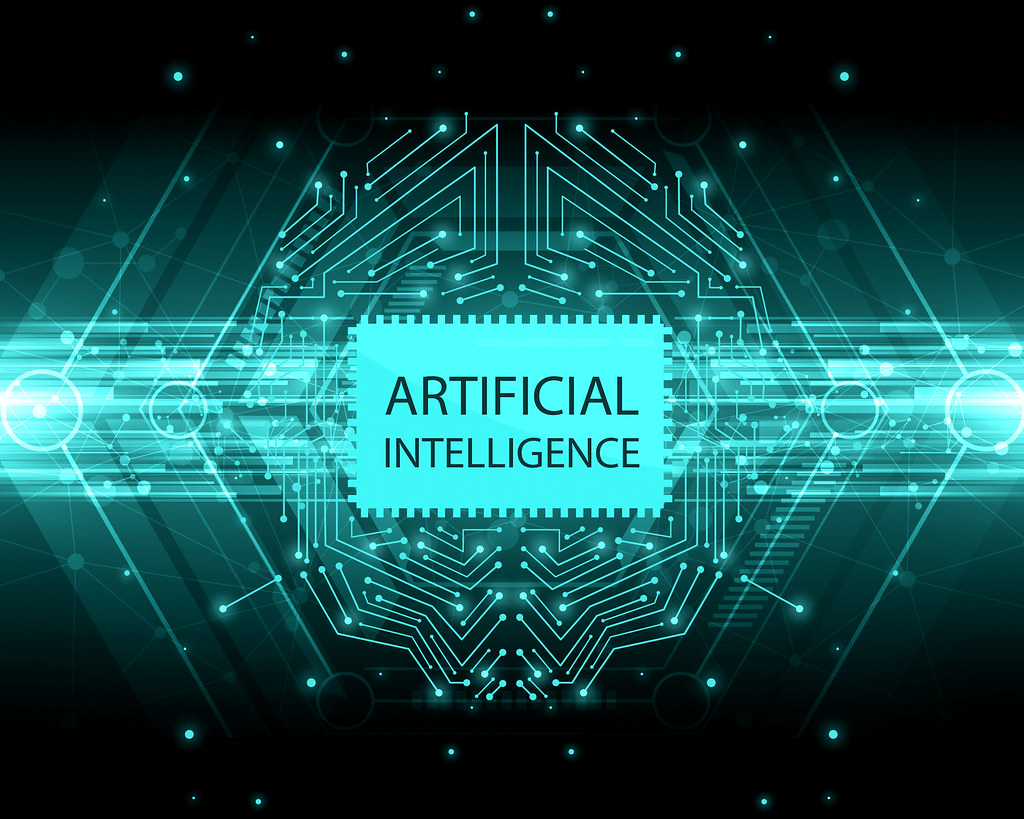
Artificial Intelligence aims to equip computers with human-like intelligence, enabling them to analyze, learn, and make decisions independently. With AI in trading, machines are expected to identify profitable trading opportunities without human intervention—except for occasional monitoring. We’re rapidly approaching an era where AI systems will fully operate financial markets, and significant strides have already been made in this direction.
AI in Trading: Beyond Human Capabilities
AI systems process and analyze vast quantities of data far beyond human capabilities. They consider all kinds of inputs, from market data to social media sentiment, to make informed trading decisions on the fly. AI’s ability to quickly parse through historical data helps it spot patterns that humans might miss. Unlike human intelligence, the potential of AI is virtually unlimited.
- AI excels in ‘Sentiment Analysis,’ accurately assessing the mood of the market by analyzing online communications, an area where humans can only make educated guesses.
- Thanks to machine learning, AI systems continually improve their trading algorithms based on past successes and failures, without the biases that affect human judgment.
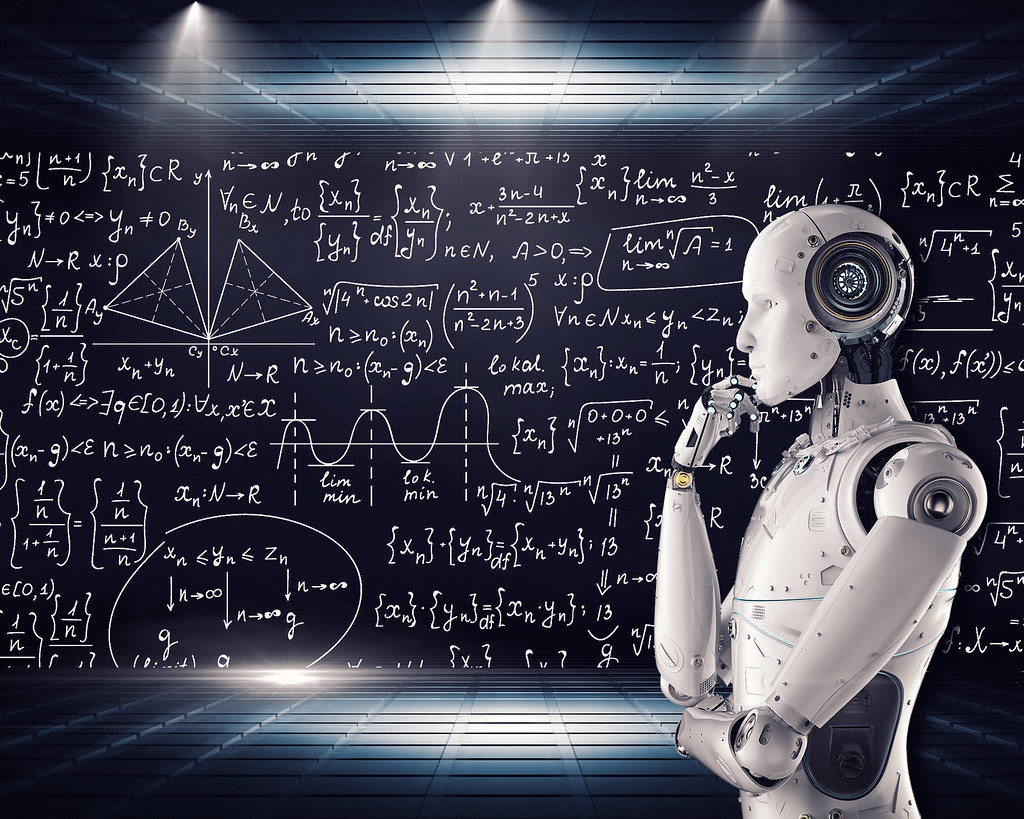
Challenges of AI in Trading
Although AI is poised to rule the trading world, it’s not without its pitfalls. AI systems, while sophisticated, are not immune to errors which can lead to substantial losses. The 2010 Flash Crash is a prime example of how algorithmic glitches can cause dramatic market upheavals in a short time.
- The accuracy of AI might lead to a market so efficient that it embodies the Efficient Market Hypothesis (EMH), where stocks always trade at their true value, and consistent market outperformance becomes impossible.
- If AI systems incorporate all available information in real-time, they could eliminate the mispricing of stocks, thus nullifying trading and investment opportunities based on valuation discrepancies.
Learn More: Start Your Career in Algorithmic Trading
Conclusion: The Future of AI in Trading
It’s clear that AI is on track to supplant human traders, but the full impact of this technological shift is yet to unfold. Will AI enhance the trading field or intensify competition beyond our current scope? Time will unveil the answers.
